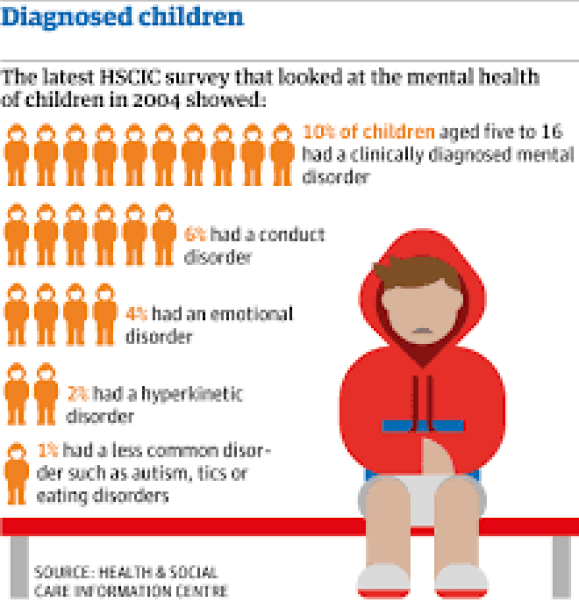Visiting a gynecologist is an important aspect of women’s healthcare. Regular check-ups with a gynecologist can help detect and prevent various health issues. Here are 10 signs that indicate you should visit a gynecologist:
1. Irregular Menstrual Cycles
If you are experiencing irregular menstrual cycles, such as missed periods or unusually heavy bleeding, it is essential to consult a gynecologist. These issues could be indicative of underlying health concerns that need to be addressed.
2. Pelvic Pain
Chronic or severe pelvic pain can be a sign of conditions such as endometriosis, ovarian cysts, or pelvic inflammatory disease. A gynecologist can help identify the source of the pain and provide appropriate treatment.
3. Painful Intercourse
If you are experiencing pain during intercourse, it could be a sign of various gynecological issues, such as infections, fibroids, or vaginal dryness. A gynecologist can help determine the cause and recommend treatment options.
4. Abnormal Vaginal Discharge
Changes in vaginal discharge, such as foul odor, unusual color, or consistency, can indicate infections or other health issues. Consulting a gynecologist can help diagnose and treat the underlying cause of abnormal discharge.
5. Breast Changes
If you notice changes in your breasts, such as lumps, nipple discharge, or skin changes, it is important to see a gynecologist. These changes could be signs of breast cancer or other breast-related conditions that require medical attention.
6. Menopausal Symptoms
If you are approaching or going through menopause and experiencing symptoms such as hot flashes, night sweats, or mood swings, a gynecologist can provide guidance and treatment options to help manage these symptoms effectively.
7. Contraception Needs
If you are considering starting or changing your contraception method, it is advisable to consult a gynecologist. They can help you choose the most suitable contraception method based on your health history and lifestyle.
8. Pregnancy Planning
If you are planning to conceive, it is essential to visit a gynecologist for preconception counseling. They can provide guidance on optimizing your health for pregnancy and addressing any concerns that may affect fertility.
9. Sexually Transmitted Infections
If you suspect that you have been exposed to sexually transmitted infections (STIs), it is crucial to seek testing and treatment from a gynecologist. Early detection and treatment of STIs are essential for preventing complications and further transmission.
10. Pelvic Floor Issues
If you are experiencing pelvic floor issues, such as urinary incontinence or pelvic organ prolapse, a gynecologist can help diagnose and treat these conditions. They can provide recommendations for pelvic floor exercises, lifestyle modifications, or other treatment options.
Remember that regular visits to a gynecologist are important for maintaining your overall health and well-being. If you experience any of the signs mentioned above, do not hesitate to schedule an appointment with a gynecologist to address your concerns effectively.


